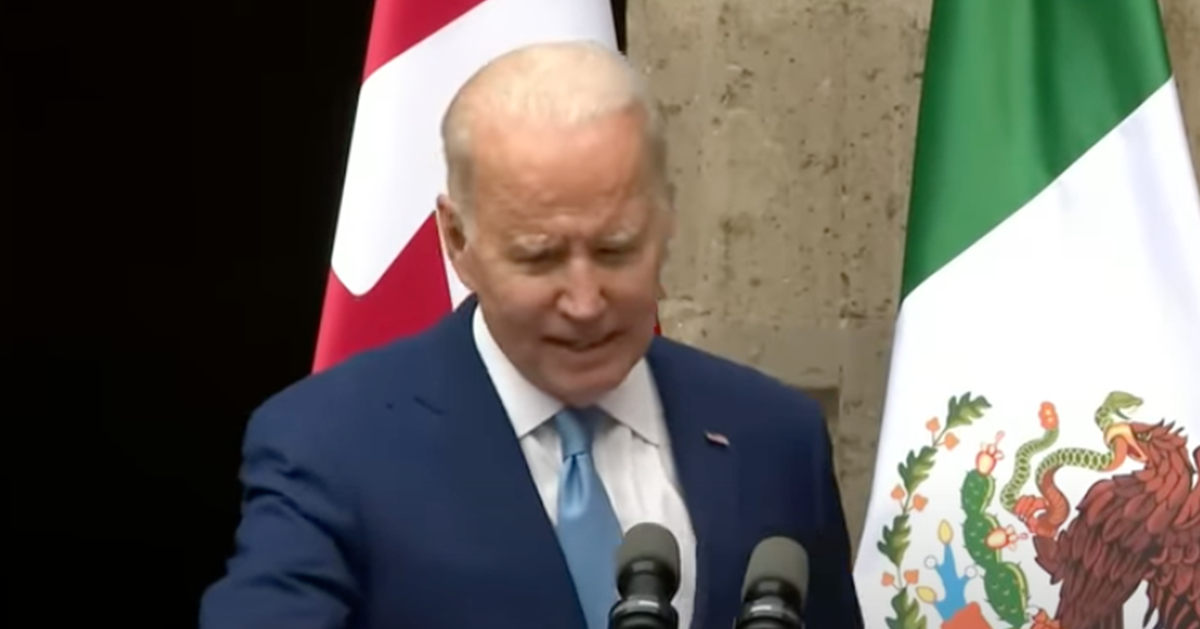Harvard Yard Scene: U.S. Flag Replaced With Palestinian Flag During Protest
In a controversial display at Harvard University, pro-Palestine student demonstrators engaged in a highly incendiary gesture outside of a central university building.
On Saturday evening, University Hall in Harvard Yard became the focal point of escalating tensions as Palestinian flags were raised, replacing the stars and stripes, as Breitbart reports.
Replacing it, three Palestinian flags were hoisted, signifying a symbolic gesture of protest against U.S. support for Israel amidst ongoing Israeli-Palestinian tensions.
Shortly after the flags were put up, at 6:34 p.m., Harvard University Police reached out to Yard Operations to address the unauthorized change.
University Response and Protester Chants Erupt
The removal of the flags by university staff was met with vocal opposition from the demonstrators. They expressed their disapproval by shouting "Shame!" and chanting slogans.
"Free, free Palestine" and "From the river to the sea, Palestine will be free," were among the chants, the latter often criticized as antisemitic by some who interpret it as a call for the end of the Israeli state.
This incident at Harvard is part of a broader trend seen at other prestigious universities, where pro-Palestinian sentiments have frequently included anti-American expressions.
Alan Dershowitz Comments on Freedom of Speech
Amid the unfolding events, Harvard Law Professor Alan Dershowitz, known for his Jewish pro-Israel stance, reiterated his support for free speech, even when the speech concerns entities or individuals he does not align with personally.
"I, and many other genuine civil libertarians, have long histories of defending the free speech rights of those we most despise," Dershowitz stated, recalling his past defenses ranging from Nazi marches to anti-Israel academics.
However, he critiqued the inconsistency of free speech support among some groups, particularly noting, "Don’t expect the defense of those with whom they disagree from the Israel-bashers at Columbia, Harvard, and MIT. For them, it is ‘free speech for me, but not for thee!’"
Impact on University Policy and Student Activism
Events such as these highlight the challenging balance universities face in managing free speech and maintaining an inclusive campus environment.
The presence of the Palestinian flags in such a prominent location at Harvard does not just represent a geopolitical statement, but also reflects ongoing debates about the limits and responsibilities of free speech on campus.
As universities continue to be centers of activism and political expression, incidents like these are likely to persist, prompting ongoing discussions about the role of institutions in political debates.
Looking Ahead: Campus Politics and National Debates
The reaction to the flag replacement at Harvard Yard encapsulates the complex interplay between student activism and broader national and international issues.
Such actions are not only about the immediate grievances concerning Palestinian rights but also about challenging broader American foreign policy and its ramifications on global perceptions.
As the situation develops, it will be interesting to see how Harvard and other universities address the fine line between upholding free speech and regulating campus activities that might disrupt public order or diplomatic protocols.
Conclusion: Reaffirmation of Rights and Campus Policies
In conclusion, the replacement of the American flag with Palestinian flags at Harvard University Hall is a reminder of the potent role of symbolism in political protests.
It raises questions about free speech, the expression of dissent in academic settings, and the broader implications of such actions on national and international stages.
This event likely marks another chapter in the complex narrative of campus activism intersecting with global political tensions.





